Results
-
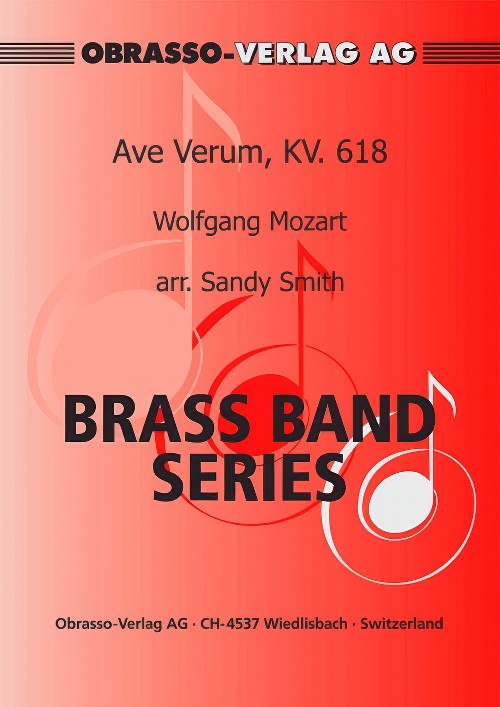 £50.90
£50.90Ave Verum, KV.618 (Brass Quartet with Brass Band - Score and Parts) - Mozart, Wolfgang Amadeus - Smith, Sandy
For Brass Quartet (Flugel Horn, Eb Horn, Baritone and Euphonium) with Brass Band
Estimated dispatch 7-14 working days
-
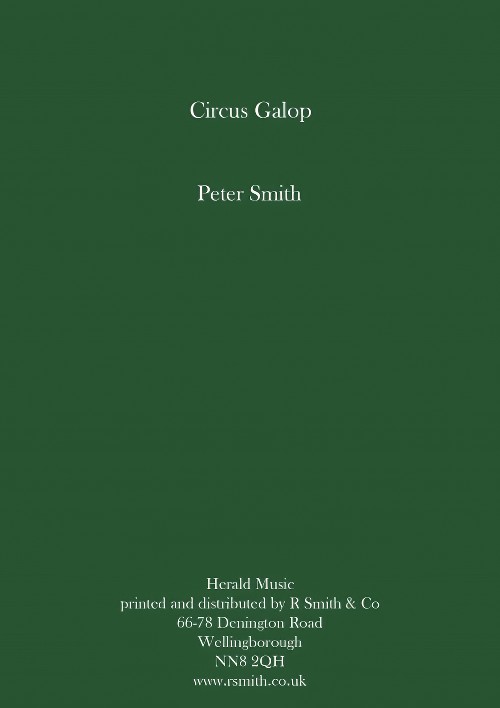 £29.95
£29.95Circus Galop (Brass Band - Score and Parts) - Smith, Peter B.
An original composition for brass band
Estimated dispatch 7-14 working days
-
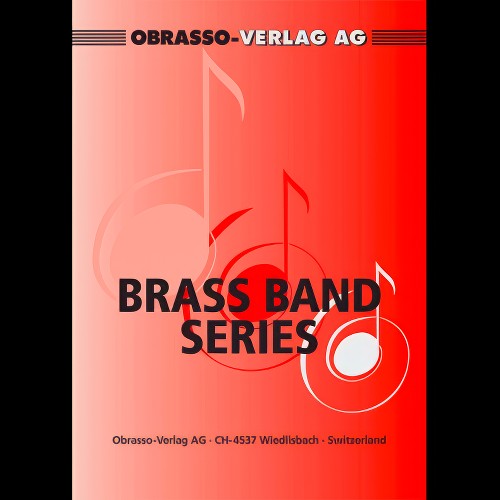 £54.20
£54.20Nola (Xylophone Solo with Brass Band - Score and Parts) - Arndt, Felix - Smith, Sandy
A great light swing work to feature your start xylophonist!
Estimated dispatch 7-14 working days
-
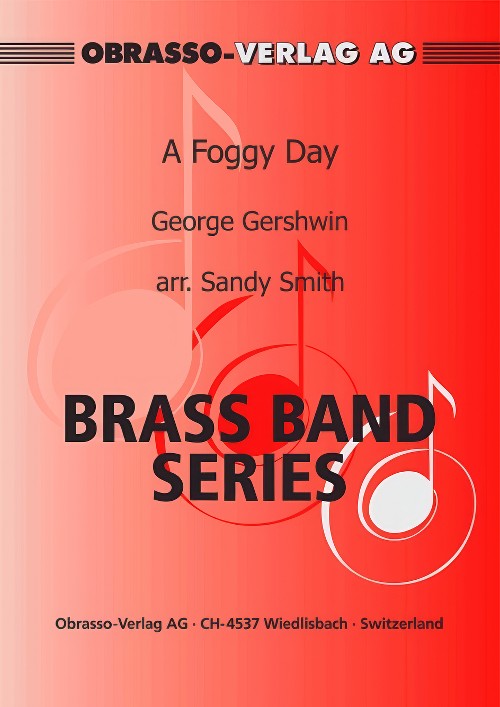 £54.20
£54.20A Foggy Day (Brass Band - Score and Parts) - Gershwin, George - Smith, Sandy
This George Gershwin classic ballad will be a great addition to your concert - a sure crowd favourite.
Estimated dispatch 7-14 working days
-
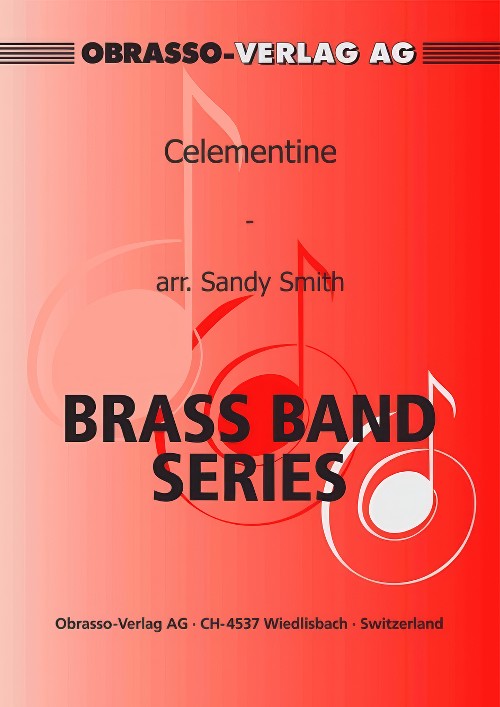 £54.20
£54.20Celementine (Brass Band - Score and Parts) - Smith, Sandy
American Traditional
Estimated dispatch 7-14 working days
-
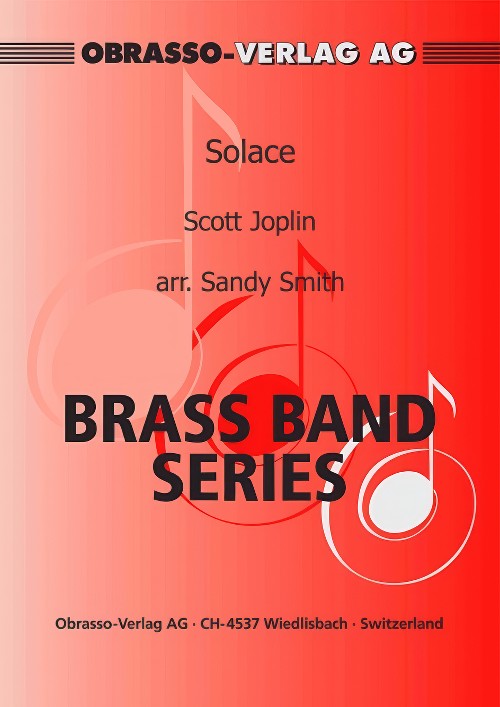 £50.90
£50.90Solace (Brass Band - Score and Parts) - Joplin, Scott - Smith, Sandy
From the movie 'The Sting'
Estimated dispatch 7-14 working days
-
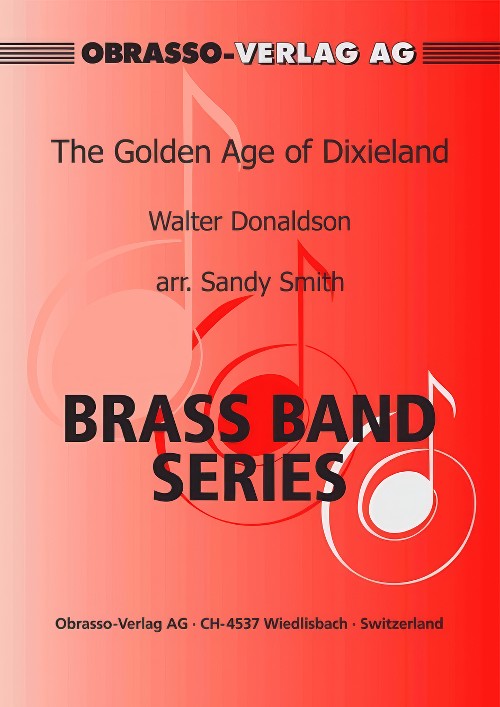 £54.20
£54.20The Golden Age of Dixieland (Brass Band - Score and Parts) - Donaldson, Walter - Smith, Sandy
Medley includes: Yes Sir That's My Baby; My Blue Heaven; Makin' Whoopee; My Baby Just Cares For Me; You're Driving Me Crazy; I Wonder Where My Baby Is Tonight.
Estimated dispatch 7-14 working days
-
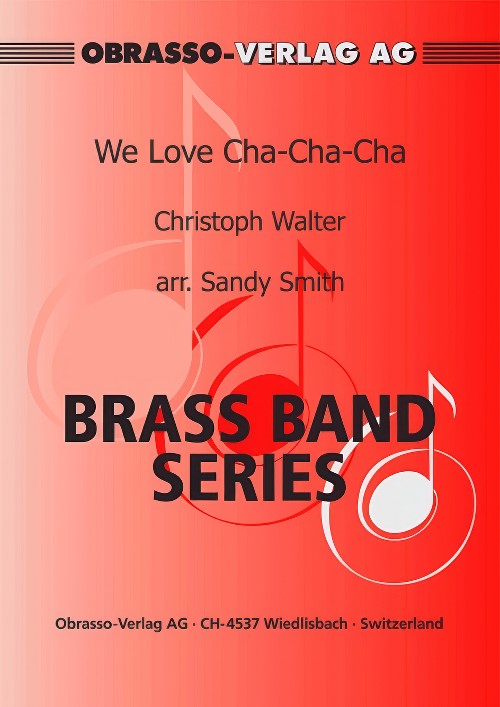 £54.20
£54.20We Love Cha-Cha-Cha (Brass Band - Score and Parts) - Walter, Christoph - Smith, Sandy
Another great original from the pen of Christoph Walter
Estimated dispatch 7-14 working days
-
 £30.00
£30.00O.B.1. Fanfare - Tom Watson
Tom Watson was born into a musical family in Hertfordshire, England and showed a flare for playing the trumpet from the age of just 4. Taught by his father James Watson, the prolific international soloist, conductor, educator and session trumpeter, Tom studied at the Royal Academy of Music, where he gained a first class honours degree. Whilst still at college, Tom embarked on a varied professional freelance-playing career and was guest principal trumpet with the Mahler Chamber Orchestra performing under Claudio Abbado, Daniel Harding, and Sir Neville Marriner. Tom can be regularly found performing and recording with the London Symphony Orchestra, The BBC National Orchestra of Wales and many of the UK's finest orchestras. Commercially, Tom has played in sessions or concerts for artists such as Sir Elton John, Sir Paul McCartney, Sir Tom Jones, Dame Shirley Bassey, Ozzy Osbourne, Phil Collins, Eric Clapton, Joe Cocker, Jarvis Cocker, Pete Doherty, Nick Cave, Karl Jenkins and Victoria Wood. Some of his film session work has included recording the scores for Brave, Eragon and Stormbreaker. Tom also works as a musical director, arranging and conducting various projects such as Tony Christie's album Made in Sheffield and for renowned harpist Catrin Finch. Tom also runs his own independent recording and production company Pro Audio, part of Prozone Music, which Tom owns and runs alongside his brother William. The O.B.1. Fanfare was written for the Harper Ensemble, a brass ensemble comprising of Tom's contemporaries from his time at the Royal Academy of Music. It was written for the Leicester Square UK premiere of the film "Ali" starring Will Smith. Composed as a salute to Hollywood and the big screen, this fine pastiche of film scoring is an ideal fanfare and concert opener.
-
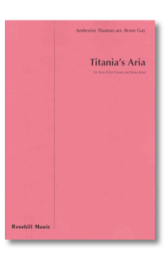 £39.95
£39.95Titania's Aria - Ambrose Thomas
Although Ambrose Thomas' opera Mignon is rarely performed these days this coloratura aria is still popular with sopranos and, now, trumpet and cornet players (including Philip Smith of the New York Philharmonic).
Estimated dispatch 7-9 working days
